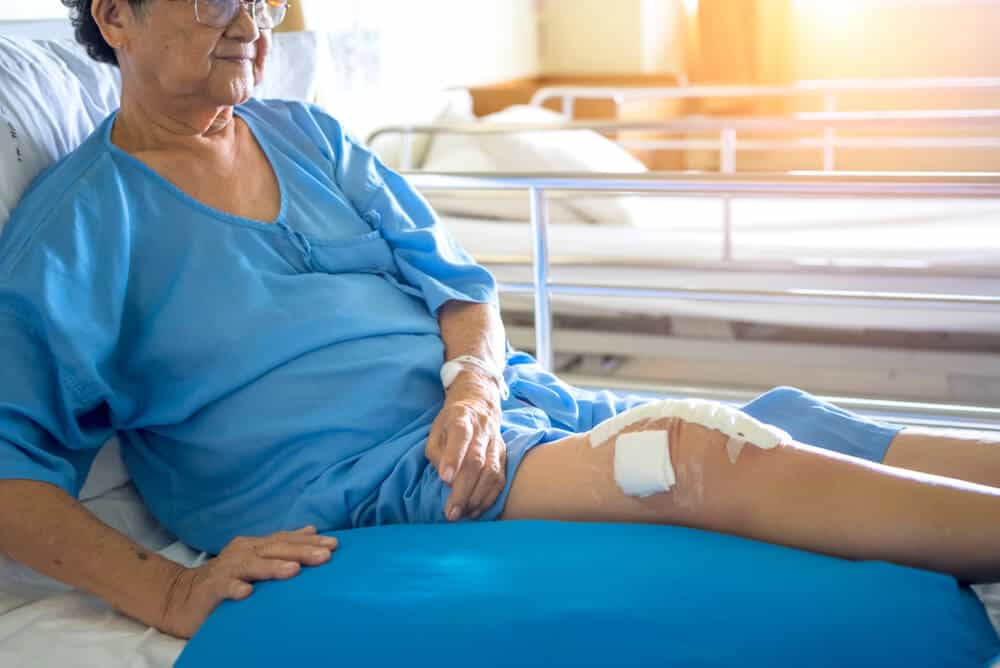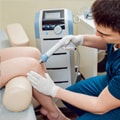Pre and Post-Surgery Physiotherapy
Pre-Surgery Physiotherapy
Pre-Op physiotherapy involves assessing your current level of function, range of motion and strength of the problem area, assessing your previous and desired levels of function (such as sport and work requirements) and current general health.
Your physio will then start you on a program to improve your general health, as well as teach you specific exercises to maximise your function and strength before your surgery. Often learning the exercises and understanding the rehabilitation plan before having surgery will result in a better outcome.


Do I Need Rehabilitation?
There are many operations that require pre and post-operative rehabilitation. The most common orthopaedic surgeries we see are:
- Total knee replacements (TKR)
- Total hip replacements (THR)
- Rotator cuff repairs
- Arthroscopic Sub-Acromial Decompressions (SAD)
- Knee arthroscopy
- ACL repair
- Total Shoulder Replacement
- Ankle reconstructions
- Open Reduction Internal Fixation (for bone fractures – often wrists and lower limbs)
Post-Surgery Physiotherapy
Post-surgery physiotherapy is the rehabilitation following your surgery and following the protocol set by your surgeon. This will often involve assisted exercises at the start, progressing into an active range of motion exercises, then isometric strengthening exercises, isotonic exercises, progressive resisted exercises, plyometrics and sports/work-specific exercises.
Your physio will also use techniques to help manage your pain, and address any contributing factors such as posture and muscle imbalances in order to help you achieve the best outcome possible and reach your rehab goals.
Some fractures don’t require surgery but are instead treated in a cast, brace or boot for a number of weeks. Following this period of immobilisation, the joints are stiff and the muscles around the area are weak.
Physiotherapy after immobilisation is aimed at regaining joint range of motion, strengthening the surrounding muscles and the postural muscles, regaining function and ultimately returning to full activity – be it sport, recreation or work.
Sometimes there are additional contributing factors that have contributed to the fracture – such as osteoporosis, poor balance, or sarcopenia, which will also be assessed and addressed. We aim to rehabilitate your injury but also improve your quality of life and decrease any further injury risk.
Our Services
Your orthopaedic specialist will provide your rehabilitation protocol and medications. Physiotherapy can then be effective as part of your management team in the following areas:

Physiotherapy

Remedial Massage

Exercise prescription

Exercise classes: gym, physio rehab class, pilates, tai chi

Gym and Hydro programs

